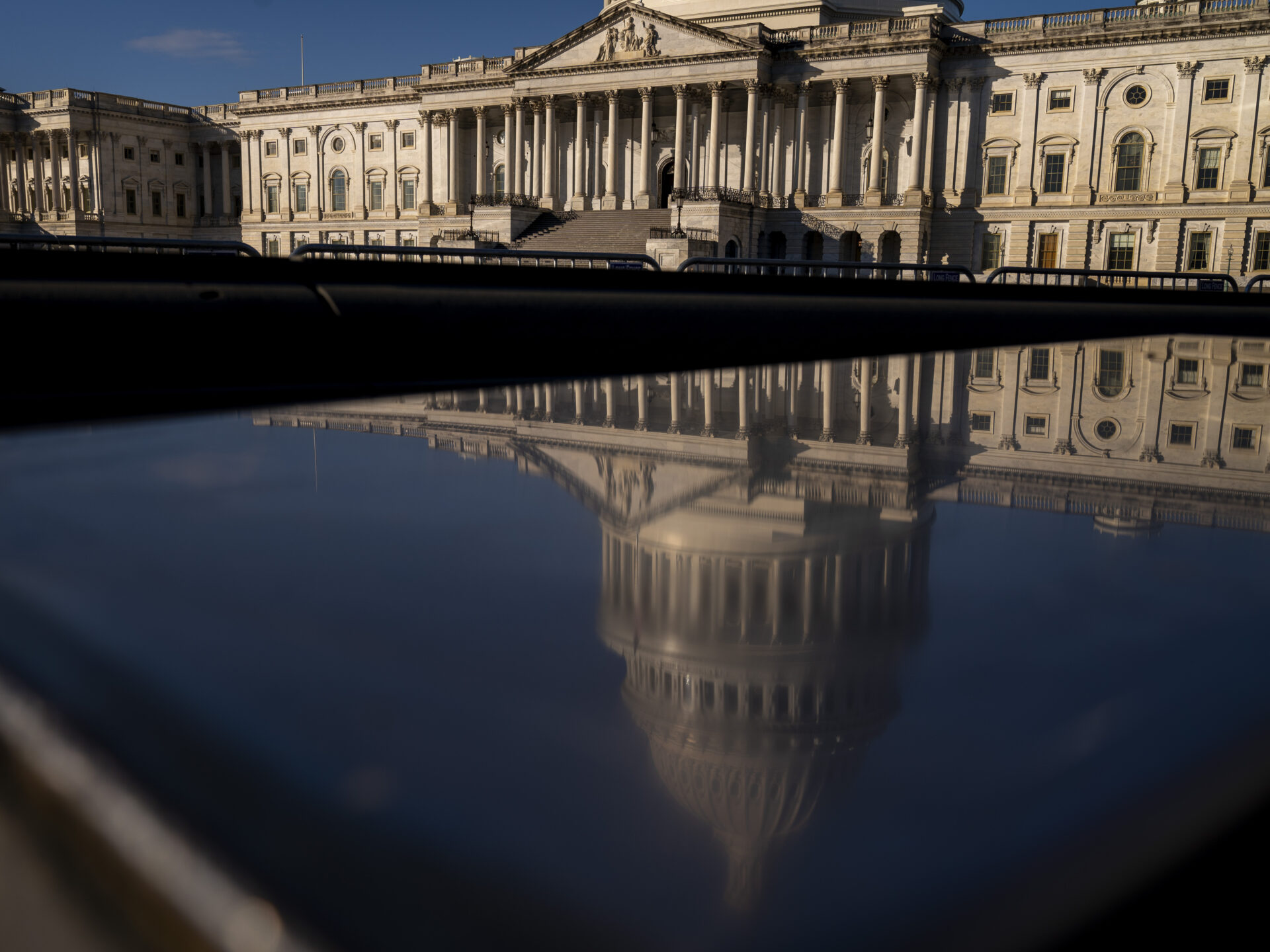Gov. Jim Justice filed his required Senate candidate financial disclosure form last month. It reveals more than what he’s required to disclose on his state ethics form, but it, too, doesn’t include everything.
We spoke with Robert Maguire, research director for Citizens for Responsibility and Ethics in Washington, about the limitations of candidate disclosures.
This interview has been edited for length and clarity.
TATE: Why are the required financial disclosures for federal candidates so vague?
MAGUIRE: The issue is that you have people with incredibly complicated finances filing in a system that wasn’t built for such wealth. And so you have, for example, very vague totals that are reported where some of these members have assets that are well above $50 million in value. And the highest bracket in the disclosure is just over $50 million. No matter how far above that it goes, you don’t really get any precision in terms of what the actual value is. There’s also the issue of there not being a uniform manner of filing. Some members still file on paper, and some of those paper filings are almost comically illegible. Some of them have handwritten information on them. And then you add to that, there is just not enough enforcement in terms of even when they file and what they file where. There are members who haven’t filed, still haven’t filed their paperwork for last year. There’s no real penalty for that kind of thing that happens all the time. We routinely see members go back and add major investments or major sales or major acquisitions, long after the fact. So there’s really just all around a kind of lack of enforcement. Now granted, having the information that we have is better than nothing.
TATE: Justice’s filings at the federal level omit many of his liabilities. At the state level, he’s exempt from disclosing any of them. What problems does that create?
MAGUIRE: The purpose of these laws is supposed to be that the public can view and and confirm that their elected officials, the people who are elected to serve the public, to serve the interests of their state or to serve the national interests, are actually serving those interests and not their own personal financial interests. And so when you exempt these things that can be subject to the sway of creditors or the sway of wealthy interests, then you have to ask yourself, why have the rules to begin with, if you’re going to exempt such important information? What we see so often in a lot of these filings is something that smells bad, but you can’t really tell exactly and if what you’re actually sensing is as off is actually off. That’s the problem with a lot of these instances. A lot of it could be aboveboard, it could be totally legit. But it’s also not particularly difficult in a lot of these instances to see how they could be used for undue influence.
TATE: Justice has legal troubles, and he’s not alone. But why run for office under such a cloud?
MAGUIRE: One thing that we have been seeing over the years is this idea that a run for federal office is a way of protection against some of the legal troubles that you are facing. And so there is this growing issue that once you get into office, it becomes harder to prosecute you. Basically there is a protection against legal accountability that comes with federal office that I think is perceived by a growing number of people that if there’s going to be any sort of federal charges, if there is going to be any sort of financial fine, the stakes when it comes to bringing those kinds of things against a federal official, become higher, because it can be politicized. I cannot say that that is what is happening in this instance. But it is certainly something that appears to be a part of the thought process among certain people.
TATE: What are some potential conflicts of interest should Justice be elected to the Senate?
MAGUIRE: Jim Justice the senator could potentially have oversight of agencies that could be prosecuting him or pursuing legal action against him. There are certainly implications there that are different from a governor. And so I can think that there could be other instances akin to that, that would change the dynamic there.
TATE: In what other ways does the wealth of candidates influence what the public knows about them?
MAGUIRE: Whether you’re talking about wealthy donors and wealthy members of Congress is that if you are wealthy enough to spend millions of dollars in politics, then you are wealthy enough to hire the best lawyers and accountants in the country to present the narrative financially that you need to present. That’s true, whether you’re talking about wealthy donors using dark money groups. That’s true, whether you’re talking about wealthy members of Congress, providing the best possible face to their financial disclosures as possible. So yes, I think a part of that is going through, what do I have to disclose and what can I conceivably omit? What can I arguably omit, based on the advice of my lawyers and accountants?
